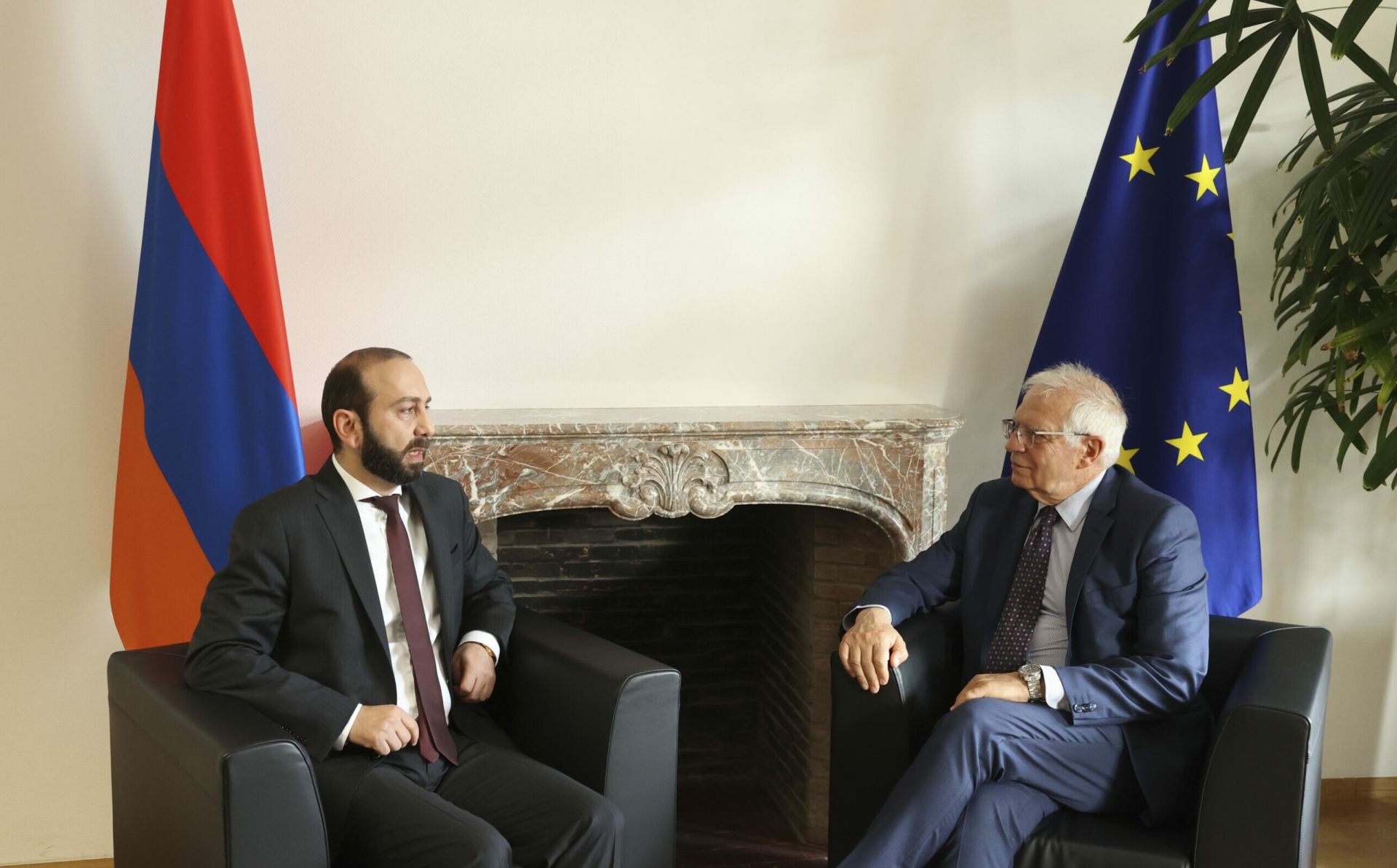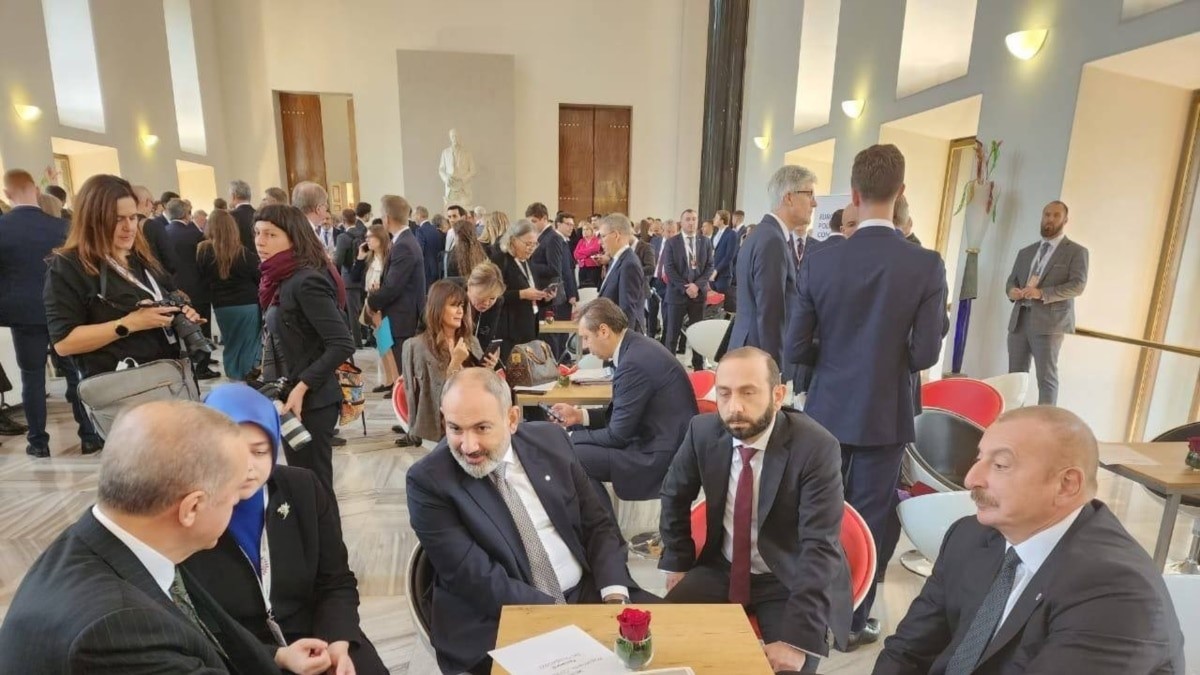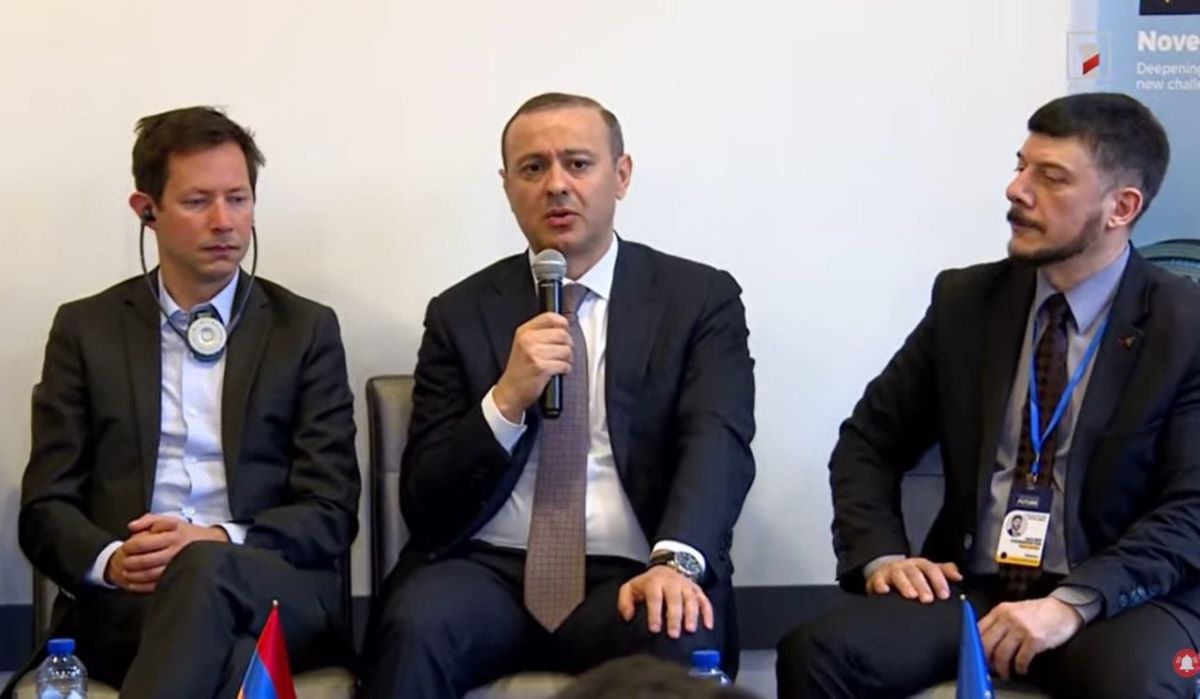EU border monitors in Armenia granted diplomatic status
EU border monitors in Armenia
Armenia‘s parliament has ratified an agreement on the status of the EU’s civilian observer mission, which patrols the border with Azerbaijan. Initially, the Constitutional Court declared it consistent with the country’s main law, and the cabinet also approved it.
Opposition factions in the National Assembly, “Hayastan” (Armenia) and “I have the Honor,” abstained from the vote. Lawmakers considered the legal basis of the document “weak.”
Under the agreement, observers are granted the same status as diplomats accredited in Armenia. They are now recognized as inviolable, meaning they receive the same privileges as diplomatic staff.
On October 20, 2022, the first observer mission was deployed along the Armenian-Azerbaijani border. Its mandate expired after two months. Later, at the end of January 2023, the European Union approved the deployment of a civilian observer mission for two years. They are stationed on Armenian territory and monitor the border only from this side. Azerbaijan did not allow the mission to be deployed on its territory. The Armenian authorities regularly state that the presence of European observers contributes to stabilizing the tense situation on the border with Azerbaijan.
- Why did Russian border guards not let EU observers get to the Armenian border?
- Why are EU and US unable to reconcile Yerevan and Baku? Opinion
European observers receive additional privileges
Presenting the document to the deputies, deputy foreign minister Mnatsakan Safaryan emphasized that deploying the mission in Armenia is aimed at ensuring stability in the region:
“Armenia highly values this initiative and all agreements aimed at deepening cooperation with the European Union in the field of security. The mission’s activities are important not only for ensuring the stability of Armenia’s eastern borders but also in terms of speeding up the process of bringing EU-Armenia political relations closer.”
Safaryan reported that the agreement:
- Facilitates the entry into Armenia of EU mission members, their vehicles, and personal belongings,
- Recognizes the validity of their driving and pilot licenses,
- Considers mission members inviolable, meaning they cannot be detained or arrested.
“Why Isn’t the mission’s mandate being ratified?” Opposition questions
Seyran Ohanyan, the leader of the opposition faction “Hayastan” claimed that the legal basis of the agreement presented for parliament’s approval is weak.
“We still haven’t received an answer to the question of why an important document concerning the mission’s mandate is not being ratified. Why is this technical document being ratified with a delay? While even the deputy foreign minister said that this document has a specific form, meaning it is a standard document and it could have been presented earlier,” he said.
The opposition was also concerned about whether this document allows Yerevan to decide which countries can be part of the mission.
“The EU has the right to involve countries that are not members of the union in this mission. There are no restrictions preventing, for example, Turkey from becoming part of this mission. Turkey, whose status was recently raised by the EU’s representative in the South Caucasus,” said “Hayastan” faction member Gegham Manukyan.
“Turkey can be useful for establishing regional peace as the leading country of the region,” said Toivo Klaar, speaking at the Diplomatic Conference in Antalya in early March. The USA has also offered Turkey to moderate peace talks with Armenia.
“Observers Granted Status of Diplomatic Employees”
Members of the ruling “Civil Contract” faction responded to opposition deputies’ questions about why the mandate of civilian observers was not specified in the agreement: they have been granted the status of diplomatic employees.
“Embassy staff and other diplomatic representatives currently have a certain status in Armenia. We are giving the same status to the EU observer mission,” said deputy Arsen Torosyan.
The ruling majority assured the opposition that observers from third countries cannot be involved in the EU mission without the consent of the Armenian authorities.
“If you say that this issue is not regulated in the agreement, you are right. Because this document is not supposed to regulate it. This issue is regulated by the agreement between Armenia and the European Union. We are only considering the agreement regarding the status of these observers,” stated Parliament vice-speaker Ruben Rubinyan.
He also said that the main goal of the opposition “aligns with the intentions of Azerbaijan, which is to discredit the EU observer mission.”
Russia swiftly responds and protects Azerbaijan’s interests
Immediately after the ratification of the agreement, Dmitry Peskov, the spokesperson for the president of Russia, stated that there is a negative attitude towards the EU observer mission’s work in Armenia in Azerbaijan.
Statements from Russian officials defending Baku’s interests have become so frequent that they no longer surprise anyone in Armenia.
This time, Peskov commented on the presence of EU observers at the Armenian-Azerbaijani border:
“It is probably worth questioning the potential effectiveness of such a mission. The issue is what is being observed and whether this mission is recognized by the Azerbaijani side. I doubt that such a mandate will meet understanding there.“





















